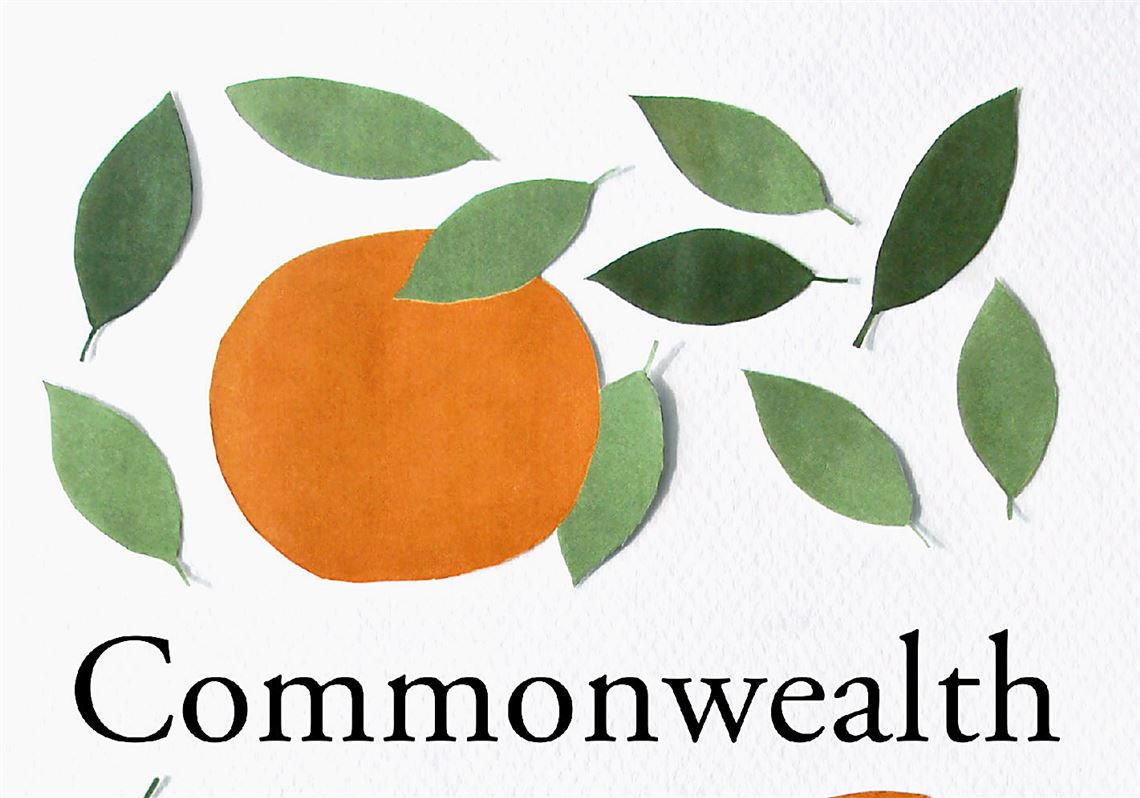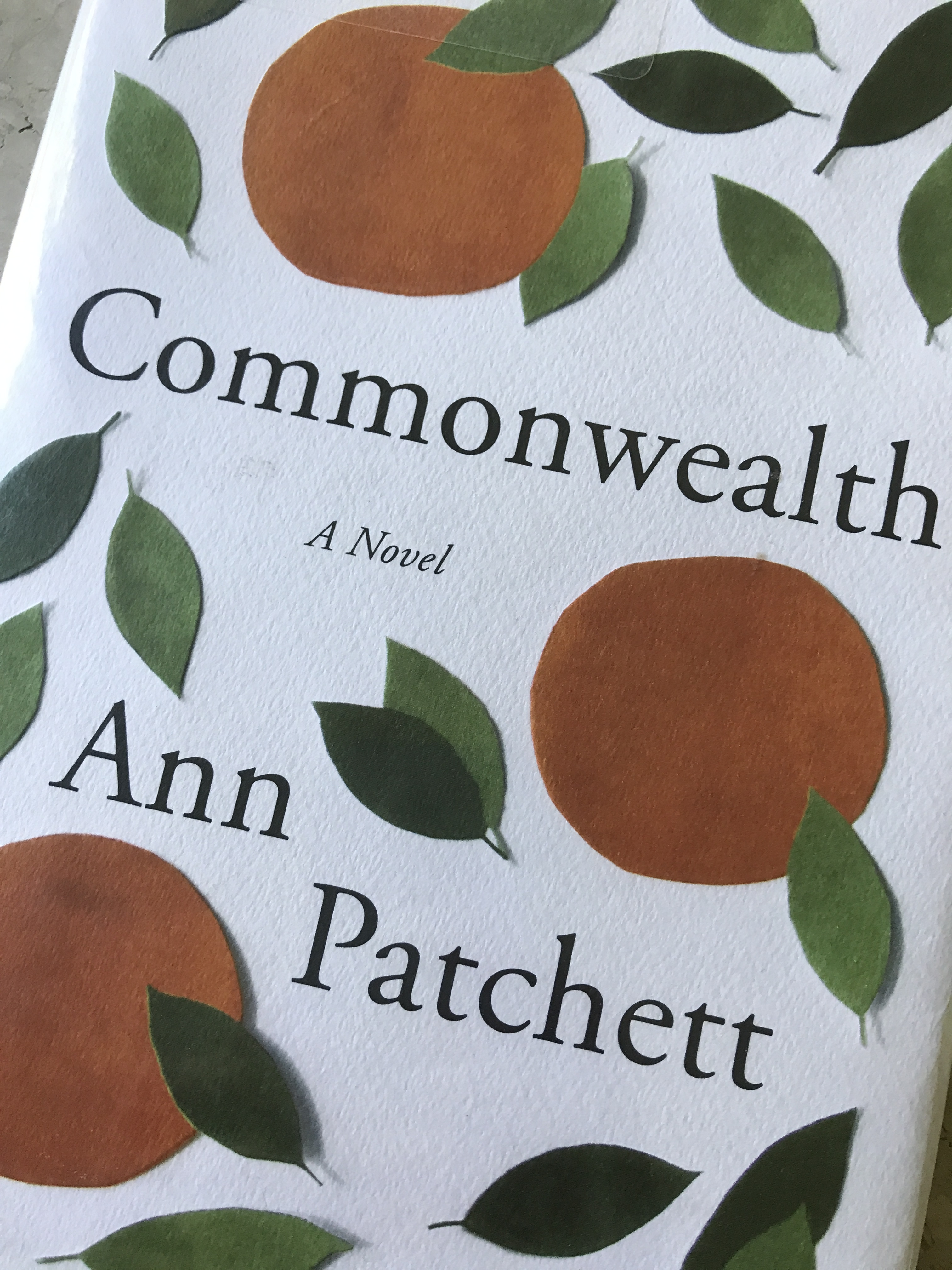

"She said almost nothing and yet my eye kept going to her, the way one's eye goes to the flash of iridescence on a hummingbird's throat. In "These Precious Days," the essay after which the collection is named, Patchett recalls doing an event with Hanks, but being starstruck instead by his assistant, Sooki. Which doesn't mean I'll be able to keep myself from saying, Careful, call me, come right back." It will be life and time, the things that come for us all. It will be something infinitely more mundane. In one essay, "Flight Plan," Patchett describes her fears about her husband's flying hobby: "n the end, it probably won't be the nose tip or the door. "Again and again," she writes in the book's introductory essay, "I was asking what mattered most in this precarious and precious life." The essays, even when they are nominally about something else, are about the weight and grief of relationships: with her father and two stepfathers, her best friend, her husband and, improbably, actor Tom Hanks' assistant, a woman named Sooki with whom Patchett develops a deep bond. The full-hearted essays collected in These Precious Days are rebuttals, in various forms, of that cruel and limiting idea. "Flannery O'Connor, James Baldwin, Eudora Welty, Henry James." But the writer insisted that without having children it isn't possible to know what it means to love.

Patchett, whose novels include Bel Canto and Commonwealth, has never wanted kids. "You can't be a real writer if you don't have children," a famous author once told Ann Patchett when they were both speaking at a book festival. These Precious Days: Essays, by Ann Patchett


 0 kommentar(er)
0 kommentar(er)
